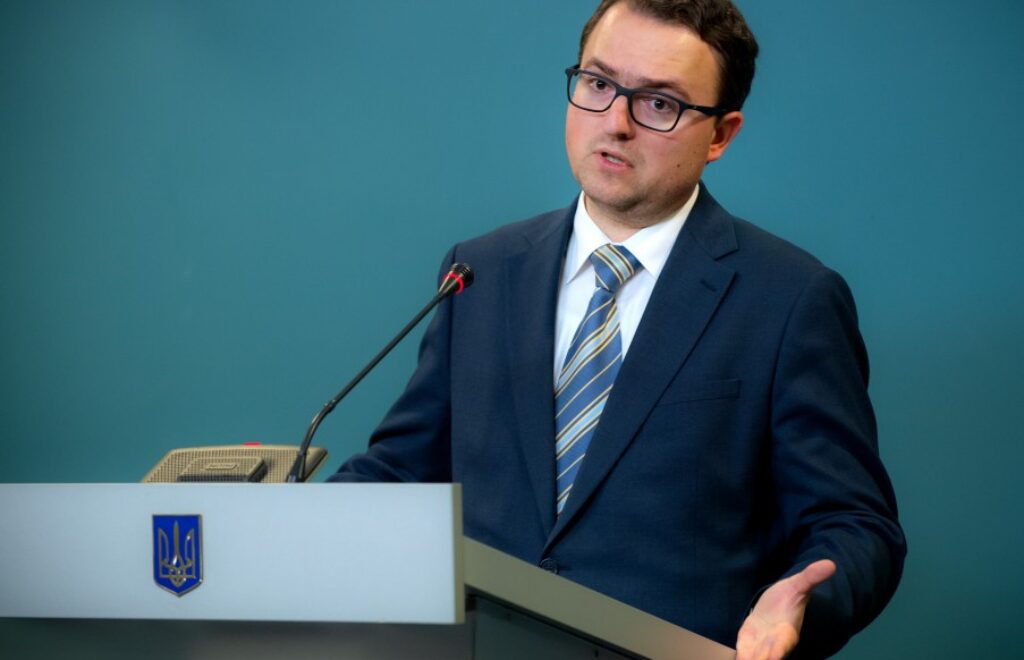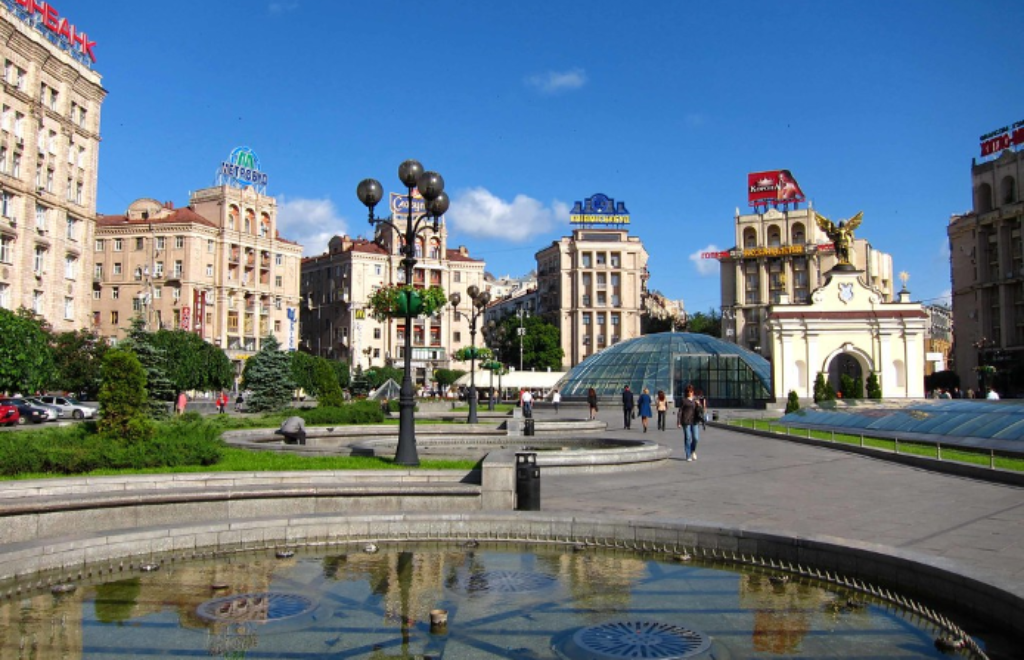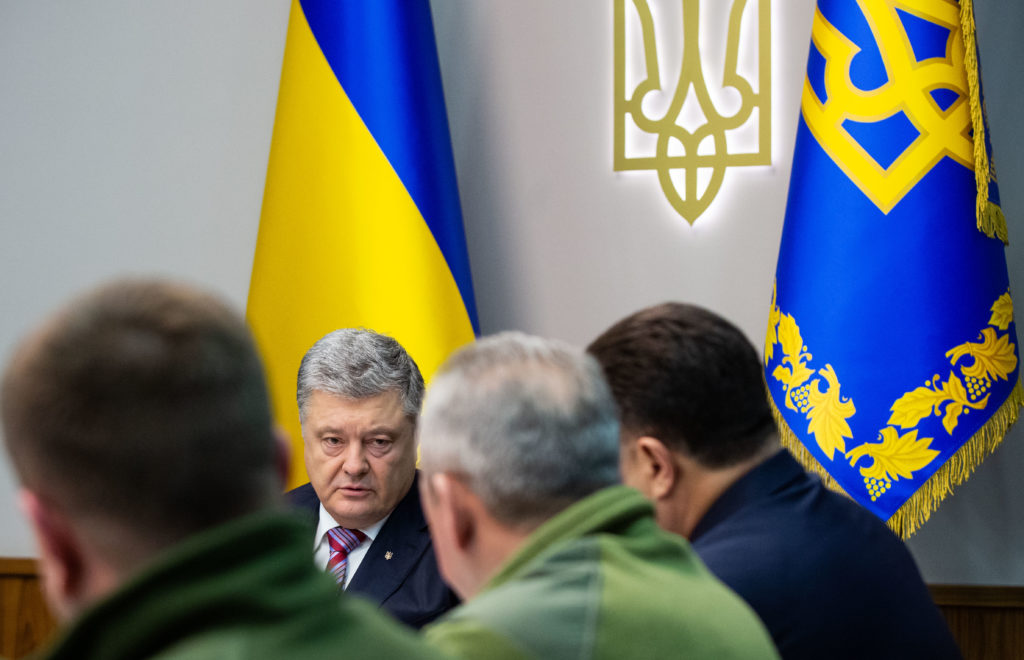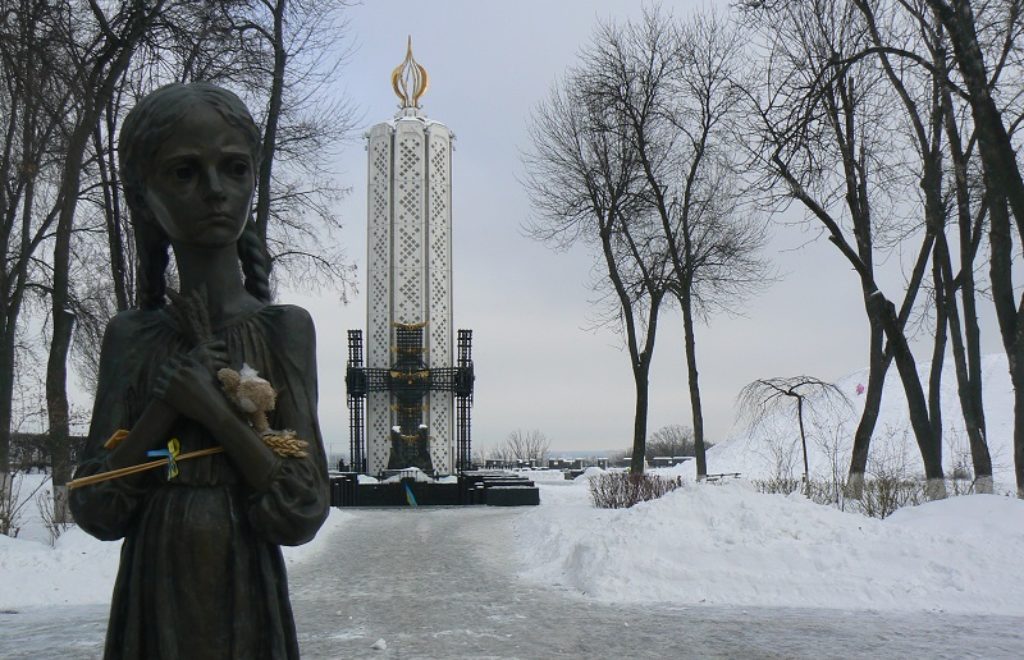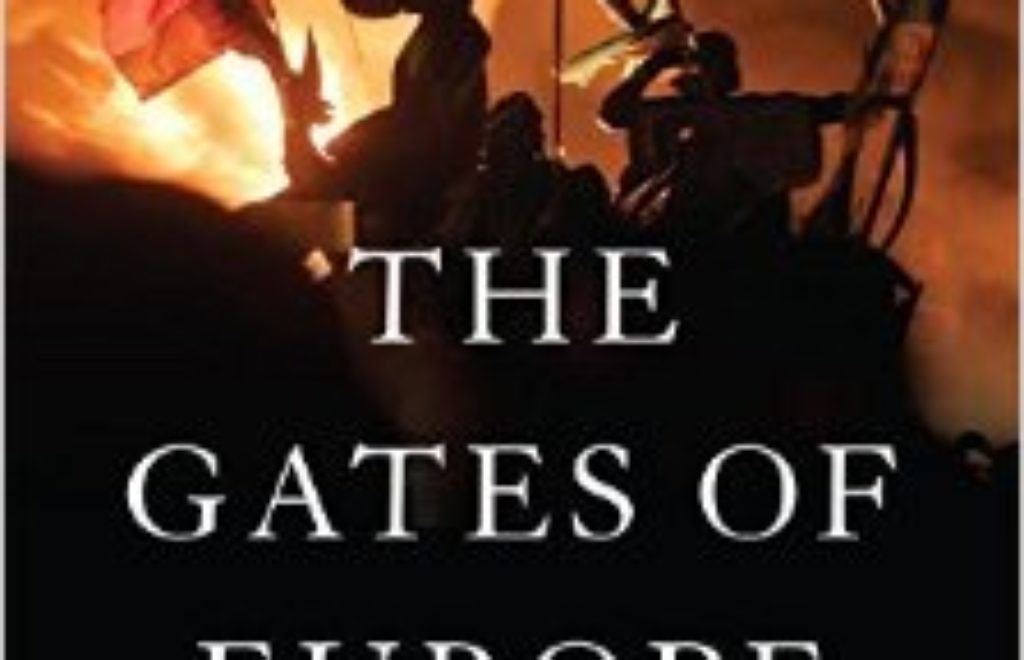Crimea has returned to the heart of Ukraine, now it must return to its body
TOMASZ LACHOWSKI: Some time has already passed since the inaugural summit of the Crimea Platform, which took place on August 23rd 2021 in Kyiv. This initiative can be interpreted as a new mechanism of international co-operation designed to return the issue of the Russian occupation of Crimea to the international agenda and, hopefully to create in the future a framework for the de-occupation and reintegration of the Crimean peninsula into Ukraine. What is your interpretation of this event?
ANTON KORYNEVYCH: I am really pleased with the course of the summit of the Crimea Platform and its direct results. However, at the same time, I fully understand that this was only the first step, which, needless to say, took a lot of time and many efforts on the part of the Ukrainian authorities. It should be emphasised that the summit gathered an unprecedented number of representatives of various states and institutions. Precisely, to remind our readers, 46 international partners took part in this event.
February 15, 2022 - Anton Korynevych Tomasz Lachowski


